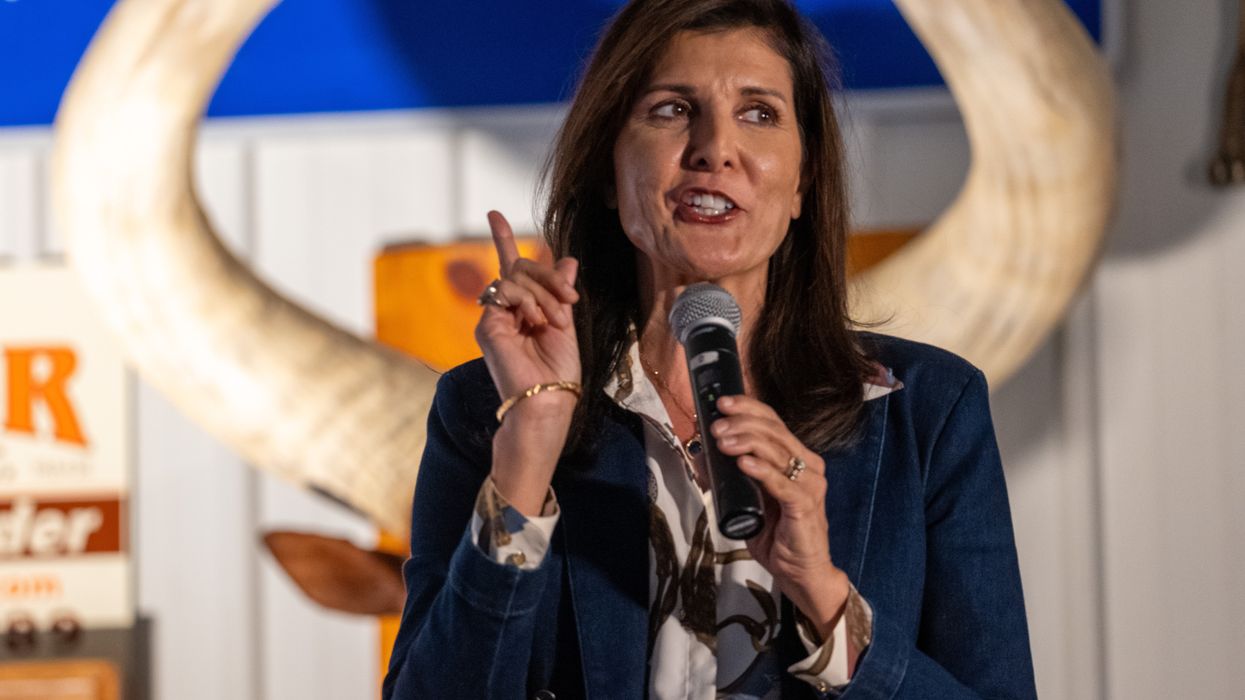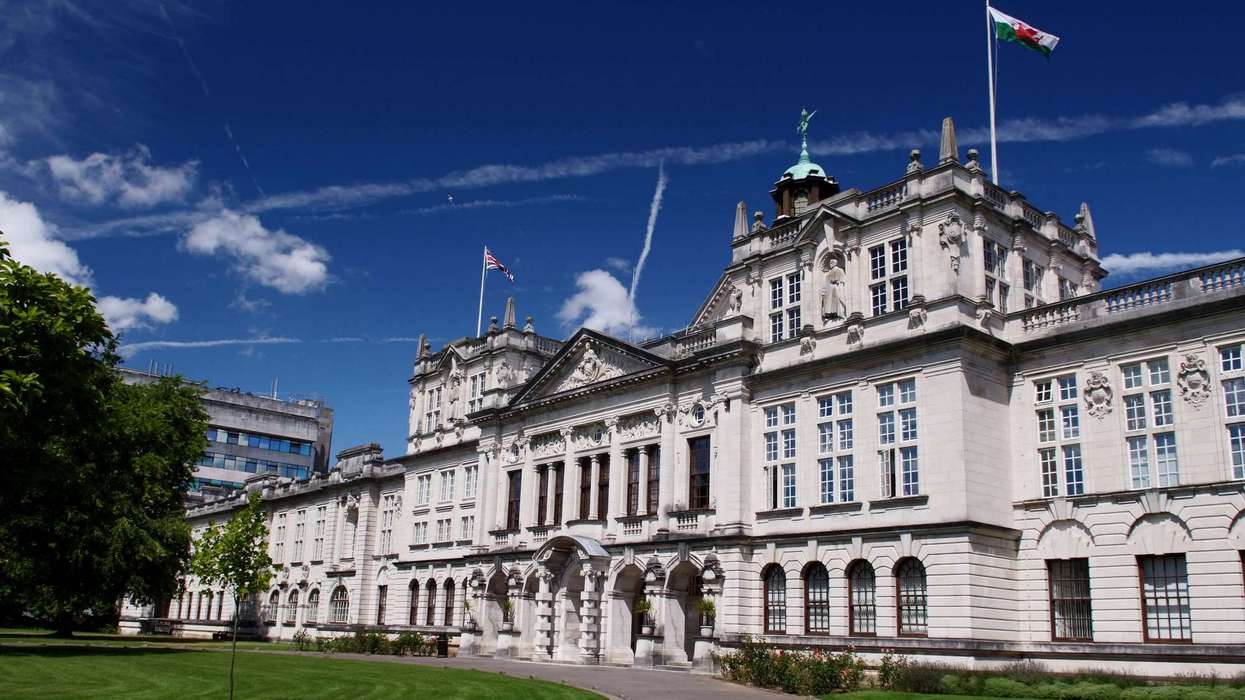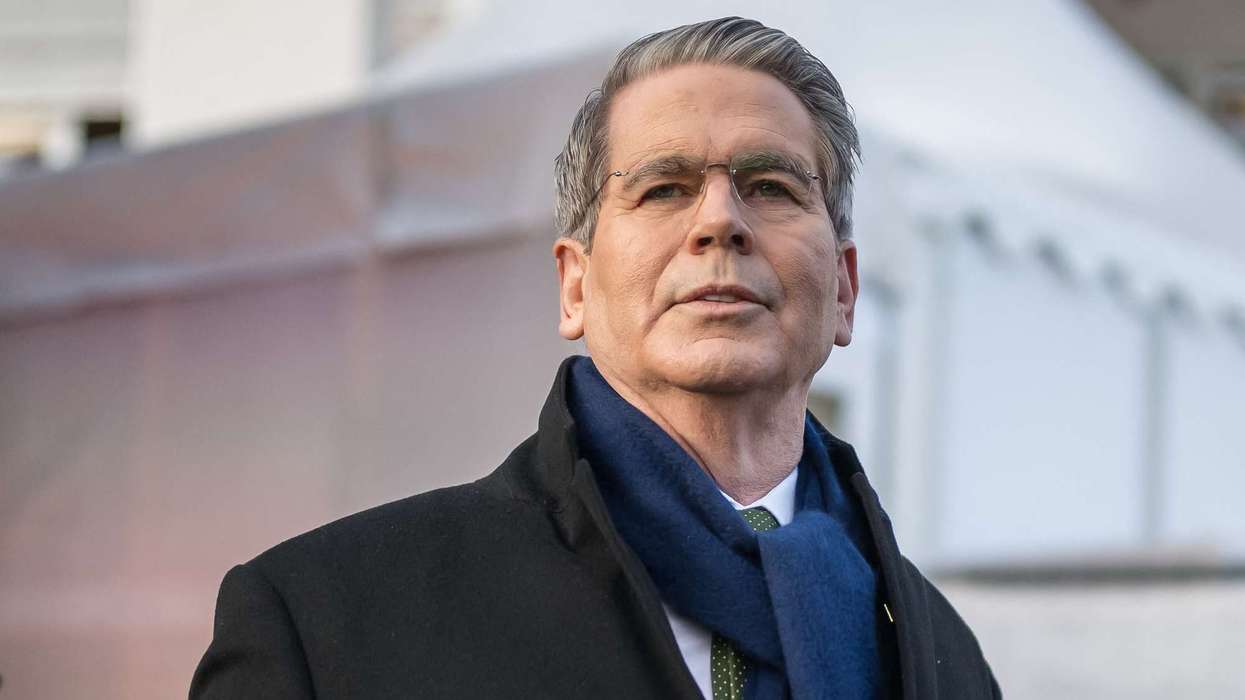INDIA should take president Donald Trump’s concerns over its purchase of Russian crude oil seriously and work with the White House to resolve the matter, US Republican leader Nikki Haley has said.
The Trump administration has been sharply critical of India’s imports of discounted Russian oil. Washington, however, has not voiced the same criticism against China, which is the largest buyer of Russian crude.
India has defended its imports, saying its energy procurement is guided by national interest and market conditions.
Haley, the Indian-origin Republican leader and former South Carolina governor, posted on X on Saturday a portion of an opinion piece she had written in Newsweek four days earlier. Her post came after she faced criticism within her party over the article.
In the piece, Haley wrote that India should be treated as a “prized free and democratic partner” and not like an adversary such as China. “Scuttling 25 years of momentum with the only country that can serve as a counterweight to Chinese dominance in Asia would be a strategic disaster,” she said.
In her social media post, Haley said, “India must take Trump’s point over Russian oil seriously, and work with the White House to find a solution. The sooner the better.”
She added, “Decades of friendship and goodwill between the world’s two largest democracies provide a solid basis to move past the current turbulence. Navigating issues like trade disagreements and Russian oil imports demands hard dialogue. But, we should not lose sight of what matters most: our shared goals. To face China, the United States must have a friend in India.”
Several Trump administration officials have criticised India for its energy ties with Russia. White House Trade Adviser Peter Navarro on Wednesday accused India of running a “profiteering scheme” by using discounted Russian crude and then selling refined petroleum products at higher prices in Europe and elsewhere.
Washington has argued that India’s purchases help fund Moscow’s war in Ukraine. India has rejected the charge.
External affairs minister S Jaishankar, responding to a question on Saturday, said, “It’s funny to have people who work for a pro-business American administration accusing other people of doing business. That’s really curious. If you have a problem buying oil or refined products from India, don’t buy it. Nobody forces you to buy it. But Europe buys, America buys, so you don’t like it, don’t buy it.”
Relations between New Delhi and Washington have been strained after Trump doubled tariffs on Indian goods to 50 per cent, including 25 per cent additional duties linked to India’s Russian oil imports.
India turned to discounted Russian crude after Western countries imposed sanctions on Moscow and reduced purchases following its invasion of Ukraine in February 2022.
(With inputs from agencies)





